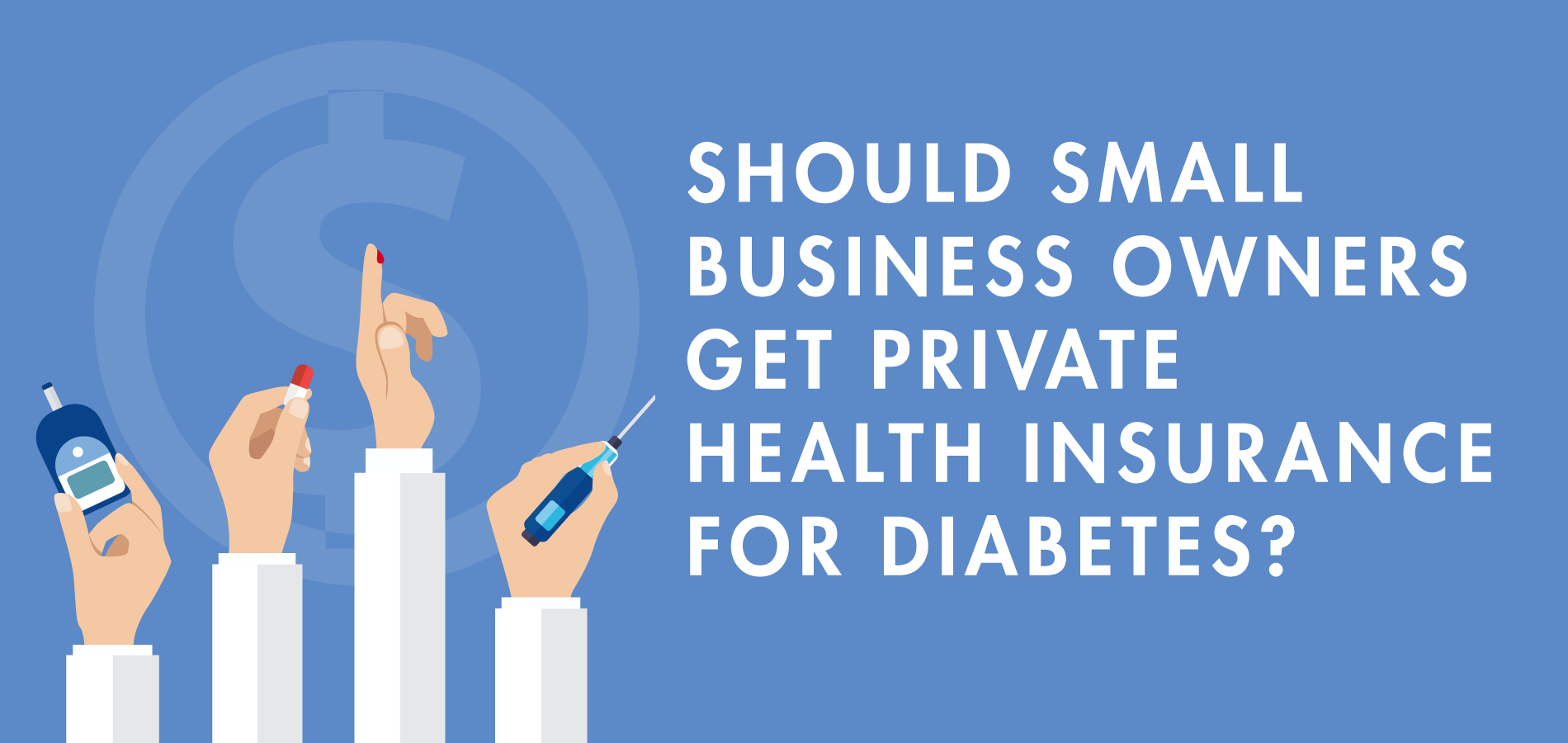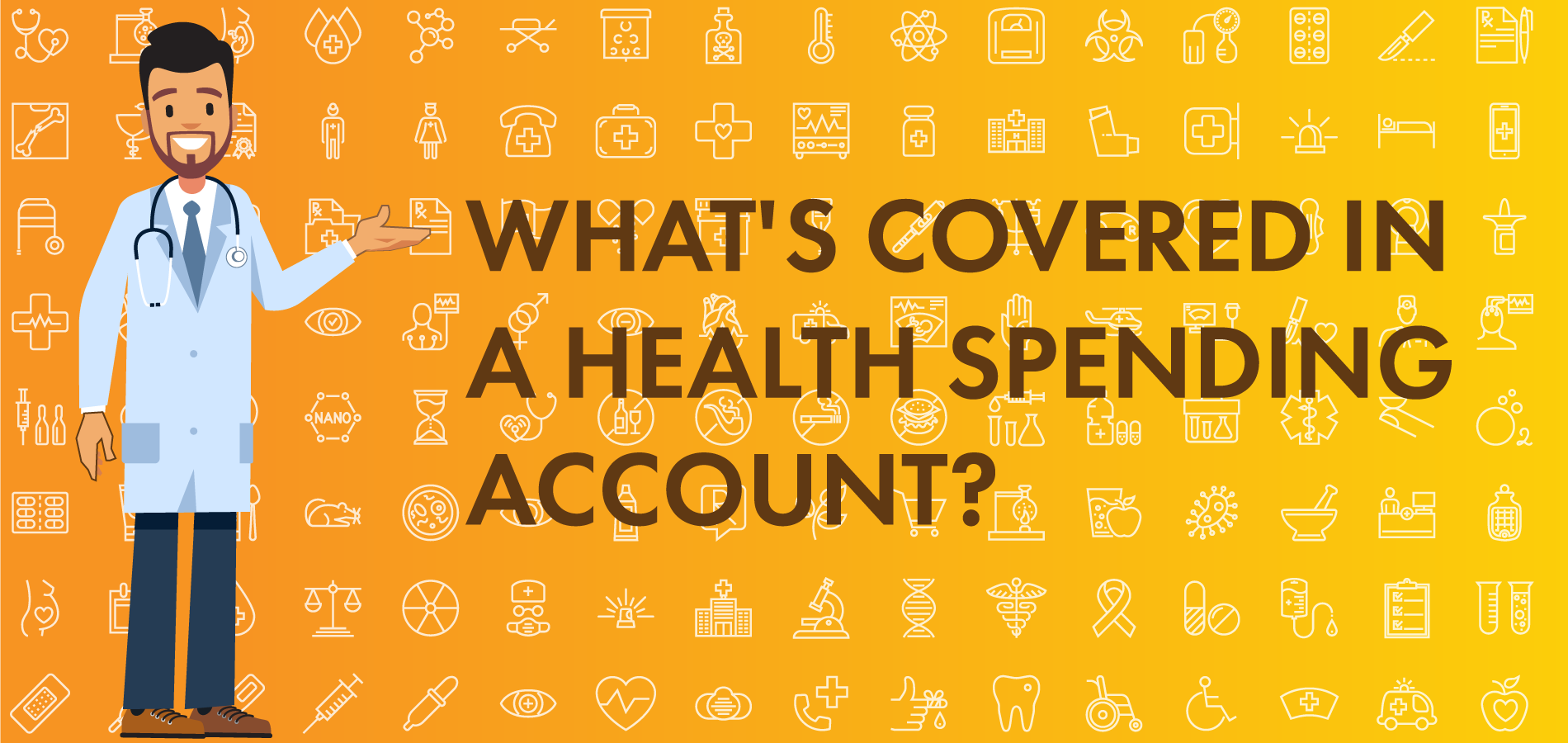For small business owners, diabetes-related medical expenses can be a source of significant stress. Without private health care coverage, Canadians with diabetes report spending up to $15,000 annually in out-of-pocket costs. In this article, we will explore the options available to pay for diabetes-related costs.
Diabetes and prediabetes affects 1 in 3 Canadians, a number that is expected to rise to 1 in 2 by 2026. Treatment plans need to be closely followed to minimize risk of stroke, heart attack, kidney failure, and more. Treatment plans can incur significant costs for people with diabetes, with insulin alone costing upwards of $840 monthly. Small business owners may find it difficult to select what type of health benefits to pursue in order to get the best return on their investment. In this article, we will explore three popular payment options available to small business owners.
No Plan/Paying Out of Pocket
If you choose to pay for your diabetes-related costs out of pocket, you pay personally for the costs with after tax dollars. This would mean that any money spent on your diabetes-related costs is subject to income tax.
By paying out of pocket you may be eligible for the Medical Expense Tax Credit (METC). The METC is a non-refundable tax credit applied through your personal tax return. This option won't provide you the highest savings overall, but it is often recommended by accountants and should be an option small business owners understand.
To learn more about the METC, click here.
Private Health Insurance
With private health insurance, depending on what type of plan you qualify for, you will likely receive some coverage for your diabetes-related costs. Prescriptions, like insulin, are typically covered up to a certain percentage. In exchange, you'll pay a monthly premium to the insurance company. Alberta Blue Cross, for example, offers a plan with 70% coverage of prescription drugs up to $10,000 annually for $89.50 monthly. If insulin is $840 monthly, you would pay $252 plus the $89.50 each month.
Canadians have reported that several diabetes-related costs are not covered by their private health insurance plans, including: syringes, alcohol swabs, blood glucose test strips, and insulin pumps (which can range from $6000 to $8000).
In addition to the cost of the plan, you may need to pay a portion of your diabetes-related prescriptions, deductibles to use the plan, and copayments. With private insurance, you will pay for your plan with after tax dollars.
Read our comparison of private health insurance to a Health Spending Account, here.
Health Spending Account (HSA/PHSP)
A Health Spending Account (HSA) is an account you establish through your corporation to exclusively pay for your health care services (including all diabetes-related costs mentioned in this article). There are no premiums with a Health Spending Account.
With a Health Spending Account, your diabetes-related costs are paid for with before tax dollars.
How does it work? A Health Spending Account enables a business owner to write off their personal medical expenses through their corporation. Learn more about Health Spending Accounts by clicking here.
You can find out how much you'd save using Olympia Benefits' Health Spending Account by clicking here.
To learn more about how a Health Spending Account can help alleviate diabetes-related costs, click the image below.
Note: An HSA is only available for incorporated small businesses and is not available in Quebec.

Sources:
https://www.cbc.ca/radio/thecurrent/the-human-cost-of-highly-priced-insulin-1.5094105
PDF: https://www.diabetes.ca/DiabetesCanadaWebsite/media/Advocacy-and-Policy/Submissions%20to%20Government/Federal/2018-Federal-PBS.pdf
https://www.olympiabenefits.com/blog/health-spending-account-guidelines
Related Reading:
What Is the Monthly Cost of Insulin in Canada?
Canada's Best Kept Tax Secret for Incorporated Professionals and Small Businesses
7 Key Health Spending Account Rules that you should know






